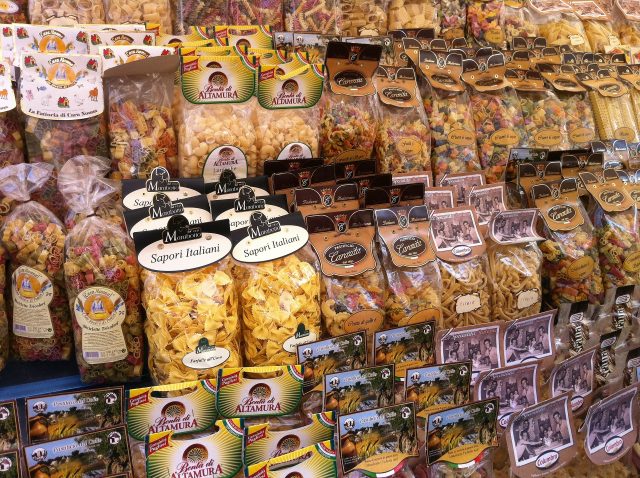
The New European Rules Will Introduce New Regulations on Packaging Recycling at the Expense, According to the Italian Government, of the Plastics Industry and Traders
The ecological transition, initiated by the European Community, is creating various frictions between Brussels and the Italian Government starting from the question linked to the abolition of diesel and petrol engines from 2035 which has seen Italy in strong opposition due to an industrial induced increasingly at risk, passing through the directives on low-energy houses to arrive, in recent weeks, at the age-old case of packaging, which will be regulated according to new rules to the detriment of the Italian plastics supply chain, with potential damage to the whole production sector and the recycling of materials in industrial processes.
The provision in question will introduce, for the first time, minimum objectives for the reuse of materials used in packaging with the aim of minimizing plastic waste with consequent dispersion in the environment but, apparently, without providing for a valid safeguard plan for companies that will have to implement the new regulation. The crux of the dispute relates to the European Community’s willingness to change, in a relatively short time, the methods of managing the plastic material used in packaging which, until now, was recycled by companies and destined for new uses while, with the new legislation, it will have to be compulsorily reused by the companies themselves who say they are absolutely unprepared for this new management.
The ecological transition undertaken by the whole continent risks, for the umpteenth time, creating inconvenience to the labour market, including the Italian one, with a management of changes that is too superficial and not based on a realistic social demand.
With the new rules under discussion in the European Parliament, the aim is to reduce packaging waste by about 15% per capita for each member state, by 2040, compared to the levels recorded in 2018 with the goal of a reduction of waste by 37% in the European Community alone. To obtain a similar result, reuse will have to be integrated with recycling and there will be a ban on some forms of packaging deemed too harmful or difficult to dispose of, such as those represented by disposable food or drink containers used above all by restaurants and cafes, as well as such as disposable packs for vegetables and fruit and mini bottles of hygiene and body care products used by hotels.
The increase in waste produced by industrial packaging procedures is currently considered a relevant problem in the dynamics of an ecological evolution necessary to counter the critical conditions of some waste collection areas. A quantity of waste produced by every single European citizen has been recorded equal to 180kg of material coming from packaging of all kinds and the related sector uses about 40% of plastic and 50% of all paper consumed throughout the European Community and without drastic measures, by 2030, the old continent would suffer a further increase of 19% of packaging waste and 46% of plastic material.
The reasons for the opposition of the Italian industry to these new packaging regulations are based on the effectiveness of a recycling method and related separate collection that is already well structured and tested in use throughout the Italian company supply chain. Italy has achieved, well in advance, all the objectives related to the recycling rate of packaging materials, set by Europe, despite the use of all the packaging provided above all for the conservation of highly degradable food. With the new European legislation, Italy could find itself forced to no longer be able to use the disposable packaging essential for the internal sale and export of many typical food products and it would no longer be possible to guarantee the traceability of the product sold to the detriment of the final consumer and all related industries in the agri-food sector.
Alessandro Fiorentino



 Subscribe
Subscribe